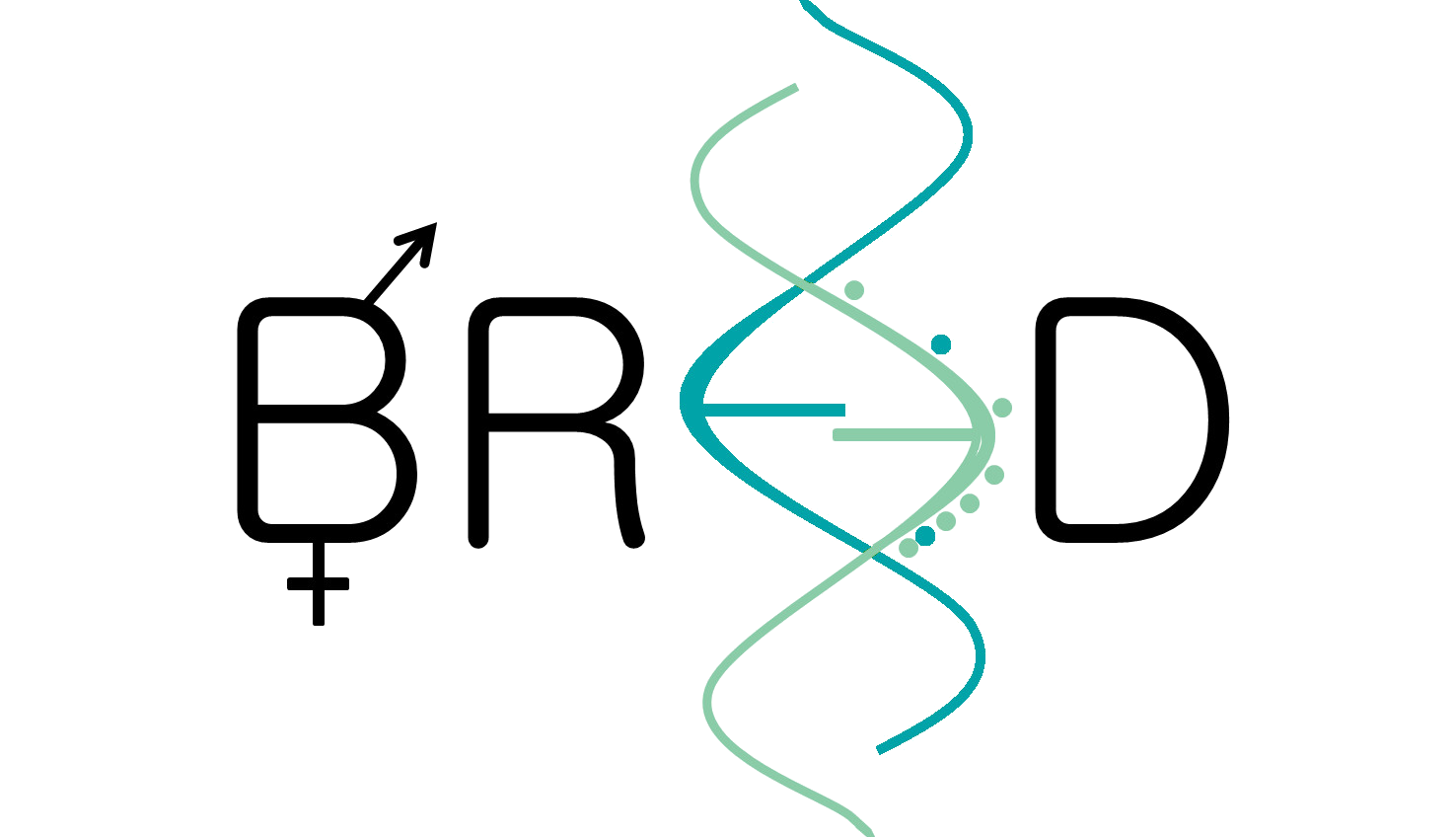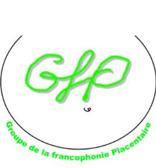November 23rd – 25th 2022 The 18th European Placenta Group and IFPA regional meeting took place in-person on the INRAE campus of Jouy en Josas, France, and as online event. EPG gathers scientists working on all aspects of mammalian placentas, in humans and animals. Major topics: placental development, in vitro/ex-vivo placental models, placental physiology and placental dysfunction in humans and animals, […]
Particles@Barriers lab
Department Materials meet Life, Empa, St.Gallen, Switzerland Empa – Particles-Biology Interactions – Particlesatbarrier Main placenta-related topics: the placenta). In particular, we are interested in the correlation of physicochemical particle properties with barrier uptake and translocation and their biological effects. To achieve results of high predictive value, we develop and employadvanced human in vitro and ex vivo models (ex vivo placenta perfusion, co-culture transfer model, 3D microtissues, microphysiolgical co-culture model). Our research is […]
IFPA-EPG president and EPG-Placenta editor
alphabetic order Pascale Chavatte-Palmer Pascale Chavatte-Palmer graduated as DVM in France in 1989 and specialized in animal reproduction in UK, USA and France, with a research focus in placental and perinatal development in horses. In 1999, she joined the Biology of Development and Reproduction (BDR) research unit at INRA in France and studied feto-placental and postnatal […]
EPG Council 2021
Sally Collins Prof. Sally L. Collins is a Consultant Obstetrician subspecializing in Feto-Maternal Medicine at the John Radcliffe Hospital in Oxford, an Associate Professor in the Nuffield Department of Women’s and Reproductive Health, University of Oxford and the Medical lead for Women’s health for Perspectum Ltd. Sally graduated in Medicine from the University of Oxford […]
Research Centre for Obstetrics and Gynaecology
Oslo University Hospital and University of Oslo Oslo PregnancyBiobank – Oslo universitetssykehus (oslo-universitetssykehus.no) Main placenta-related topics: Oslo Pregnancy Biobank has since 2001 recruited women during pregnancy/delivery (incl. placenta and decidual tissue collection) and 1-8 years after their index pregnancy. Our long term goal is to improve maternal and fetal health, and use pregnancy findings (eg. Placenta-related biomarkers) to identify individuals at excessive […]
BREED – Biology of Reproduction, Environment, Epigenetics and Development
The BREED unit is a large research unit (>90 people) gathering researchers specializing in biomedical, veterinary and fundamental fields. It is primarily attached to the National Research Institute for Agriculture, Food and Environment (INRAE) but also to Paris-Saclay university (UPSAY), Versailles-Saint Quentin university (UVSQ), and The National Veterinary School of Alfort (ENVA). Its research focuses on the development […]
Placenta groups
EPG gathers many groups working in research or in clinics or both, on human placenta but also on various animal and cellular models. The placenta of domestic and wild animals is also studied, both for veterinary purposes and to understand why this temporary organ is so variable in shape and organisation between species.
Placenta Lab
Department of Obstetrics, Jena University Hospital, Germany www.placenta-labor.de Main Placenta-Related Topics: We are a group of international scientists with diverse backgrounds and interests who perform research in several areas of human reproduction and pregnancy. Four group leaders and their teams constitute the Placenta Lab. Our research focuses on different aspects of human reproduction: Physiology of […]
Reproductive Biology Laboratory, Amsterdam UMC, Netherlands
Main placenta-related topics: The research of our team focusses on the functional genomics and epigenetics of proper placental development during pregnancy as this is critical for the delivery of a healthy baby. We use human models systems (trophoblast stem cells, cell lines, organoids, placental explants) to investigate these developments normally occurring in the first trimester […]










